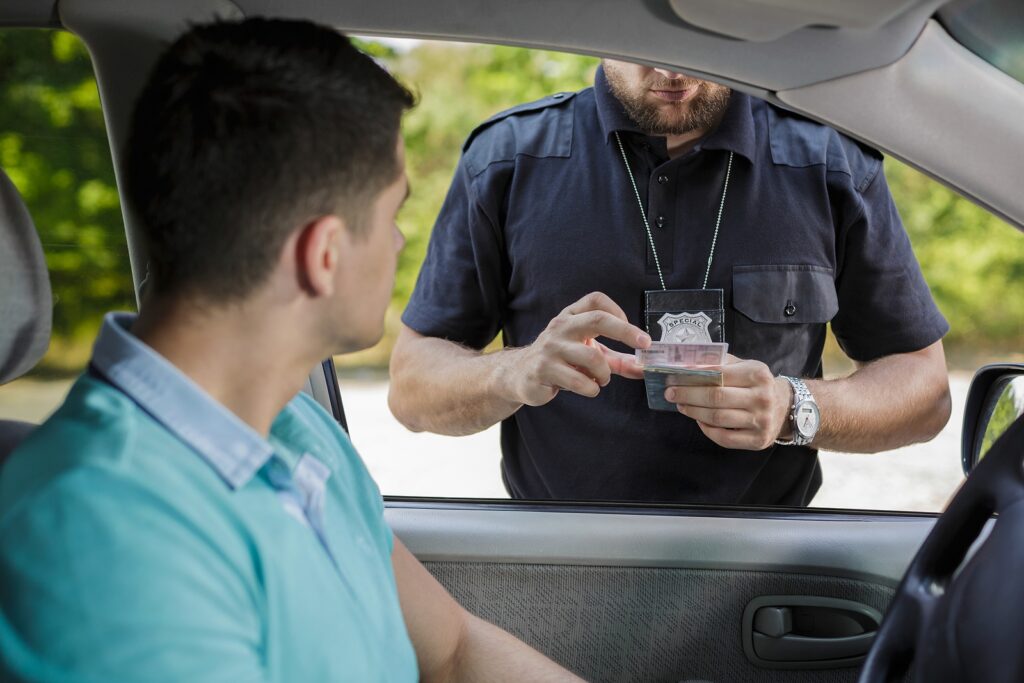Whether you are an experienced driver or are brand new to the road, the facts remain that a car is essentially a lethal weapon and must be treated with respect and courtesy. This means ensuring that you are entirely in control at all times while behind the wheel and not impacted by the effects of drugs or alcohol.
What is Classified as Drunk Driving?
The state of Massachusetts classes a blood alcohol level of 0.08% or above to be grounds to serve you with an OUI (Operating While Under the Influence). A law enforcement official has the right to pull you over to perform a breathalyzer if they have reasonable suspicion that you are driving while intoxicated, and compliance is highly recommended.
What is Implied Consent?
Massachusetts operates under the idea of implied consent. This means that if you are arrested and refuse to submit to a breathalyzer test, your license will be immediately suspended by the officer and notice given to the RMV. This can be contested at a hearing, so long as it takes place within ten days of the suspension.
If the driver has no previous record of an OUI, their license will be suspended for 180 days for refusing to take the test, while those with prior convictions or under the age of 21 may lose their license for three years. Suppose a driver who refuses is found to have two prior OUI convictions. In that case, their license will be suspended for five years, while a lifetime ban awaits those who refuse with three or more convictions for the offense, or who have a prior conviction for vehicular manslaughter. The officer also has the right to impound the offender’s car for a minimum of 12 hours.
It should be noted, however, that this suspension can only be carried out if you have officially been arrested.
What Are Your Rights?
To ensure that the arrest and any subsequent convictions are fair and just, there are certain rights that must be adhered to by the arresting officer. These include:
- Having reasonable suspicion before pulling you over
- The field sobriety test must be administered correctly and by a certified officer
- You must have been read your rights prior to interrogation
What Will the Outcome Be?
If you are convicted of an OUI, the judge generally has three options: a jail sentence, a fine, or the revocation of the offender’s license. Some judges will issue a combination of these, and it may depend on your previous convictions, character assessment, and your blood alcohol content at the time of the arrest.
A first offense could cost you your license for a year, rising to two for a second conviction. If you are convicted of a OUI on three occasions, your license can be revoked for eight years, while further convictions may result in a lifetime driving ban.






